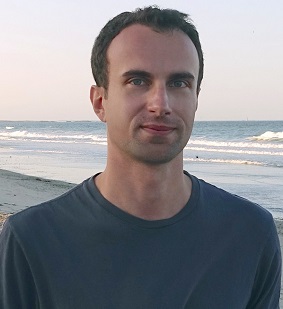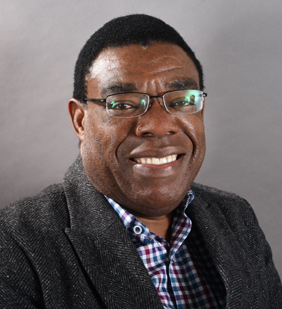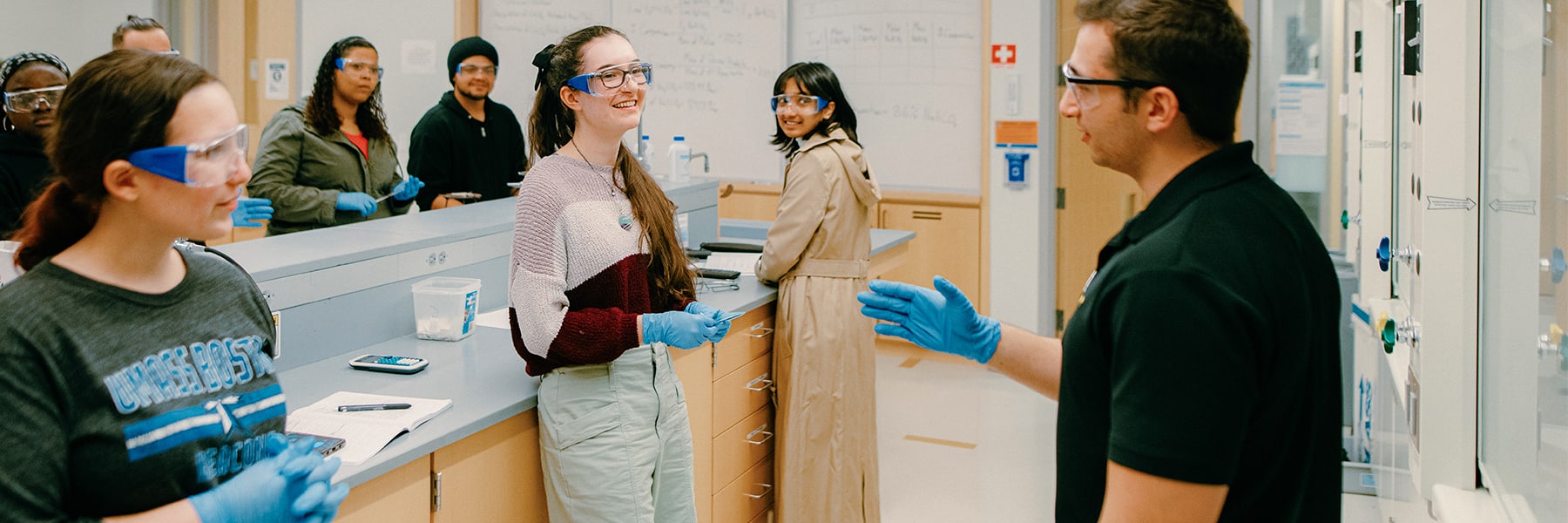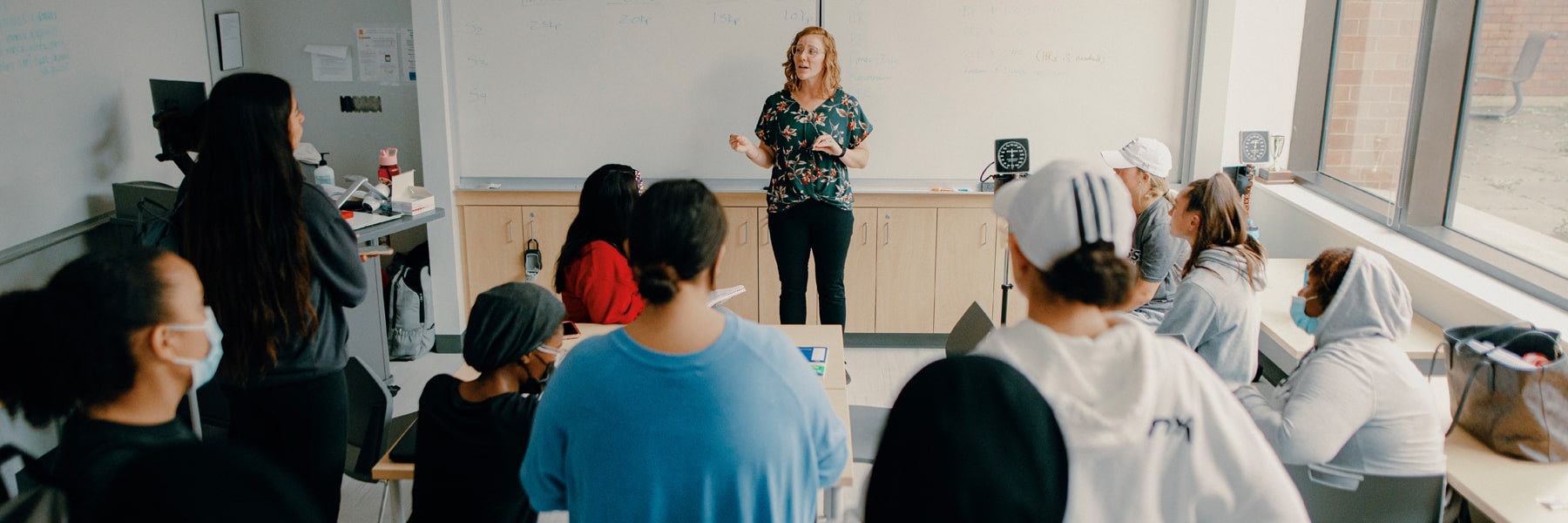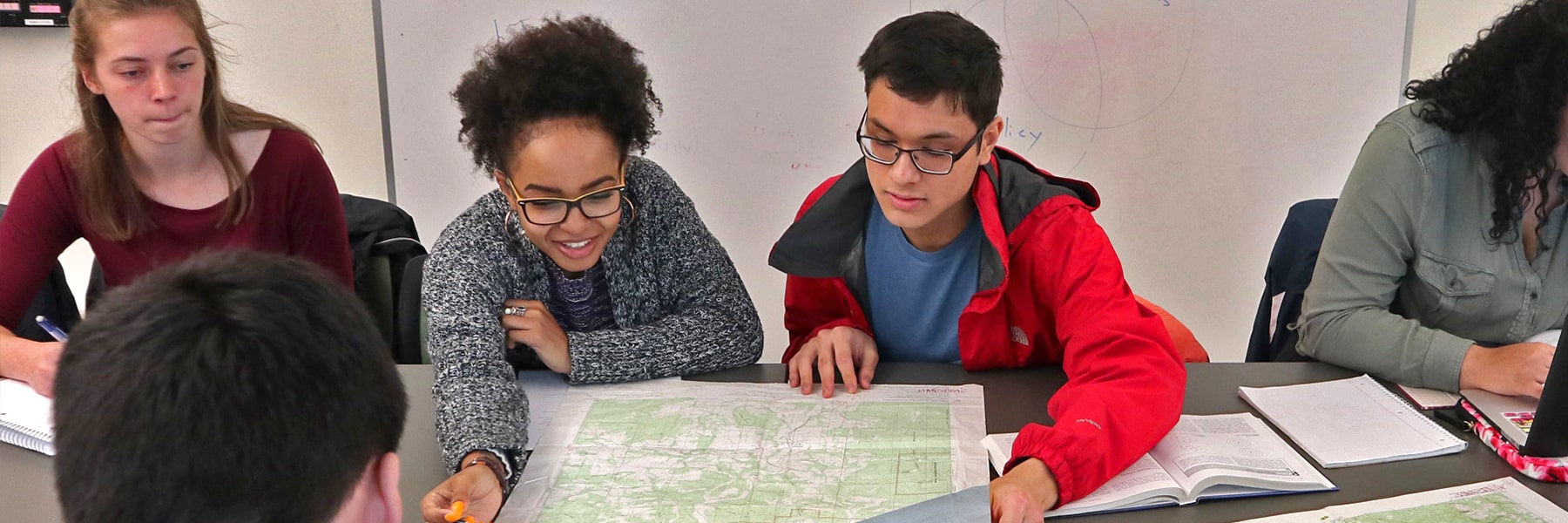Urban Public Health BS
Turn public health challenges into community breakthroughs.

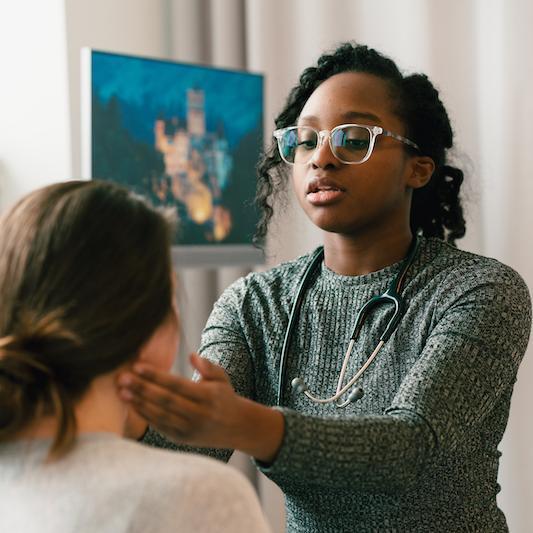
Career Possibilities
Graduates with a BS in Public Health work in health departments, hospitals, nonprofits, and academia as community health workers, educators, or policy analysts. Wherever you go, your work will create healthier communities.
Here’s where this degree can take you:
- Data Scientist
- Health Educator
- Public Health Inspector
- Epidemiologist (entry level)
- Health Policy Analyst
- Community Health Care Worker
- Environmental Health Specialist
- Public Health Administrator
- Research Assistant in Public Health or Health Science
- Public Health Consultant (entry level)
- Health Science Specialist (entry level)
Student Stories
Plan Your Education
How to Apply
First Year Student Deadlines: Fall
- Early Action I: November 1
- Early Action II: January 1
- Regular Decision: February 15
Transfer Student Deadlines:
- Fall Semester (Domestic): June 15
- Spring Semester: December 15
Please review the first-year and transfer apply pages for important information about application requirements, deadlines, and application status check.
Financing Your Education
Become a Beacon and pursue your passion in UMass Boston’s diverse, supportive environment. Many students across our 200+ undergraduate and graduate programs receive financial aid—providing access to an education that’s exceptional and affordable. For additional information regarding tuition and fees, please visit the Bursar’s Office or send an email to Bursar@umb.edu.



